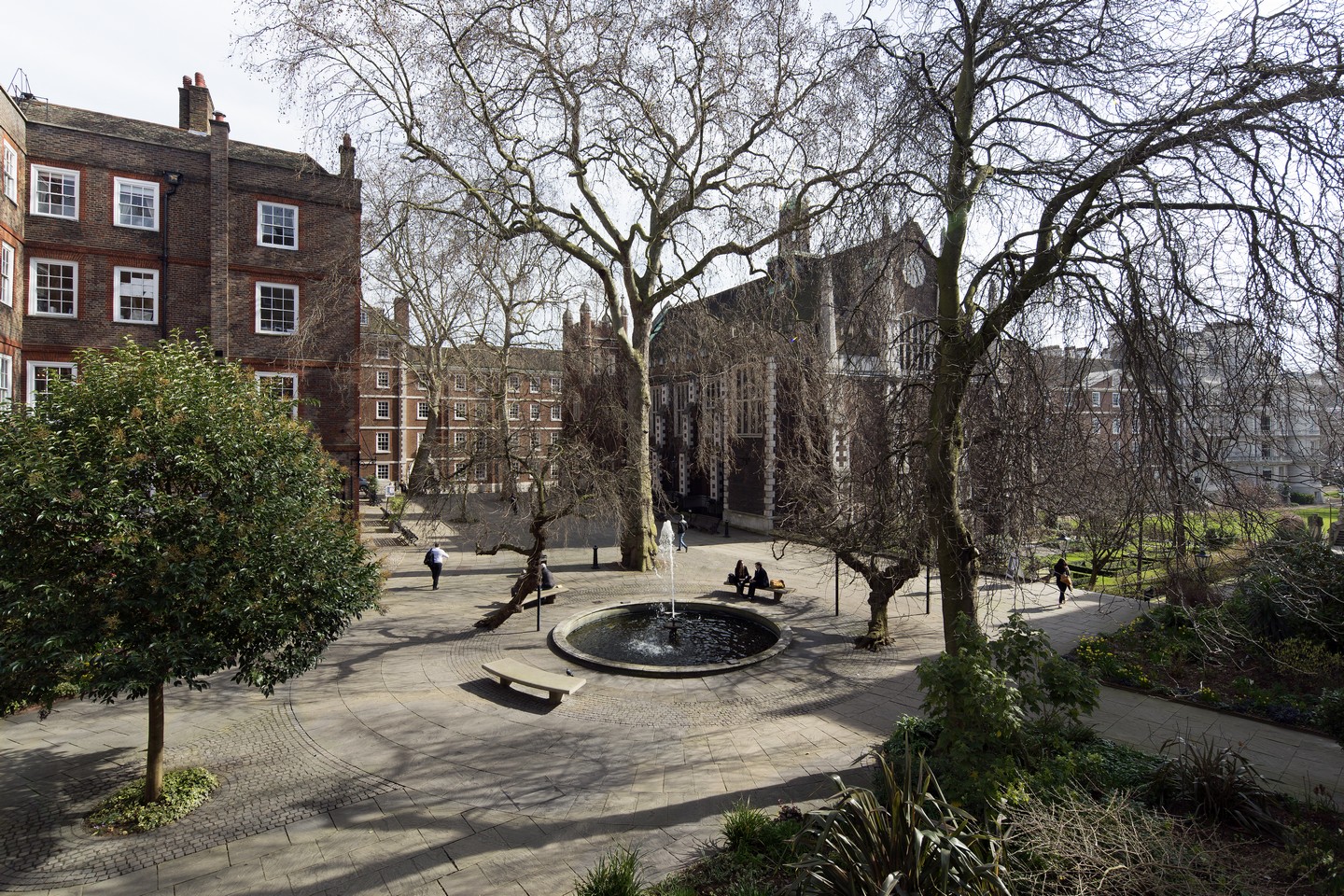
On 28 February 2020, following the acquittal of the three remaining individuals facing charges arising out of Barclays Bank’s 2008 capital raisings, the court removed all restrictions on reporting the judgment of Mr Justice Jay dated 21 May 2018 dismissing all charges against the Bank and the judgment of Lord Justice Davis dated 12 November 2018 upholding Mr Justice Jay’s decision and dismissing the SFO’s application for a voluntary bill of indictment.
Richard Lissack QC appeared for Barclays throughout, leading Crispin Aylett QC and Ben FitzGerald both of QEB Hollis Whiteman Chambers.
The background
In 2008, Barclays, like other banks, was required to raise capital to meet commercial need and new government thresholds. It did so by two capital raisings in June and November, targeting sovereign wealth funds in China, Japan, Singapore and the Middle East. Its “cornerstone investor” was the State of Qatar through the Qatar Investment Authority. On 25 June 2008, Barclays announced it had raised £4.5bn in its first round. But as the financial crisis deepened a second round was needed and on 31 October 2008, Barclays announced it had raised a total of £7.3bn.
In 2008 Qatar and the bank also entered into two Advisory Services Agreements – or ASAs – and in November 2018 the bank also entered into a substantial loan transaction with Qatar.
The case
In 2012, the Serious Fraud Office opened an investigation into whether the capital raising arrangements were tainted by a secret commission paid to Qatar for their investment (through the vehicle of the ASAs) and unlawful financial assistance in the purchase of the shares in the bank by Qatar.
These allegations were always denied. Senior Barclays officers knew about the arrangements and they received advice from lawyers for the bank who advised that the agreements were legal – provided the bank received valuable services from the Qataris under the ASAs – and that the proceeds of the loan could not be applied by Qatar to make the investment in the bank.
After investigating the case for five years, on 20 June 2017 the SFO took the decision to charge the Barclays plc, Barclays Bank and four executives with fraud and conspiracy to defraud.
The dismissal
The bank applied to dismiss the entirety of the Indictment against both corporate entities. The foundation of its argument was that no offences had been committed by the entities in English law given that the only route to corporate liability was through the doctrine of identification and that even taking the case for the SFO at its highest there was no criminal conduct which could in law be attributed to the Bank.
This submission was heard before Mr Justice Jay between 23 and 27 April 2018, and whilst he described it as “….remarkably ambitious..…”, in his judgment handed down on 21 May 2018, he acceded to it in full concluding that “In my judgment a correct application of the legal principles governing corporate liability in a criminal context lead inevitably to the conclusion that these charges cannot be maintained”.
The SFO challenged this dismissal by seeking a voluntary bill of indictment which was heard before Lord Justice Davis between 22-26 October 2018; in his judgment handed down on 12 November 2018 he dismissed the SFO’s application.
The significance of the rulings
The legal importance of the rulings in the context of corporate liability in English law cannot be overstated. Together, the judgments amount to a detailed review of the applicable law from first principles to final application and it is likely they will constitute the seminal analyses of this area of law for as long as the test for corporate liability in crime is the doctrine of identification.
The judgment of Mr Justice Jay is available here.
The judgment of Lord Justice Davis is available here.



